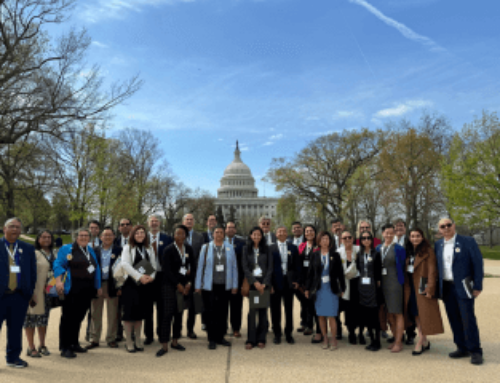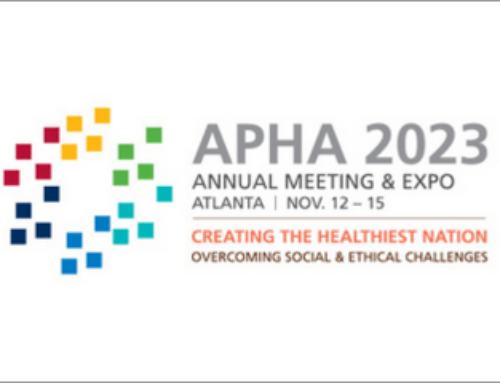Recently the House Appropriations Committee’s Subcommittee on Labor, Health and Human Services (HHS), Education, and Related Agencies released a draft Labor-HHS funding bill for fiscal year (FY) 2018 that would cut HHS funding by $542 million when compared with FY 2017. The proposed cuts are substantially smaller than those outlined in President Trump’s budget blueprint.
Some of the cuts outlined in the draft bill include:
- A $198 billion decrease for the Centers for Disease Control and Prevention (CDC)
- A $298 million decrease for the Centers for Medicare and Medicaid Services (CMS)
- A $398 million decrease for the Health Resources and Services Administration (HRSA)
While the bill calls for an overall decrease in HHS funding, these cuts would be used to offset a funding increase for the National Institutes of Health (NIH). Under the draft bill, NIH would receive $35.2 billion, a $1.1 billion increase from FY 2017 and $8.6 billion more than Trump’s budget request. The bill also requires NIH to reimburse research grantees for facilities and administrative costs. This proposal contrasts with Trump’s budget request, which substantially reduced these indirect costs.
Several NIH research initiatives would receive higher funding levels in FY 2018, including:
- A $400 million increase for Alzheimer’s disease research
- An $80 million increase for the All of Us research initiative (formerly Precision Medicine), which aims to incorporate individual differences such as genome sequence and lifestyle into treatment modalities
- A $76 million increase for Brain Research through Advancing Innovative Neurotechnologies (BRAIN), an initiative that supports research on Alzheimer’s disease, Parkinson’s disease, depression, and traumatic brain injuries.
House Appropriations Chairman Rodney Frelinghuysen (R-N.J.) said, “This bill reflects Republican priorities to cut spending and focus investments in programs our people need the most – public health and medical research, biodefense, fundamental education, and proven programs that increase job growth, for example.”
Representative Rosa DeLauro (D-Conn.), ranking member of the House Appropriations Committee’s Subcommittee on Labor, HHS, Education, and Related Agencies, said the bill is “cutting programs for mental health and substance abuse prevention by millions, exacerbating two national issues that states across the country are facing.”
If the spending bill is passed on the House floor, it then will go to the Senate for reconciliation before a final spending bill is sent to the White House.








